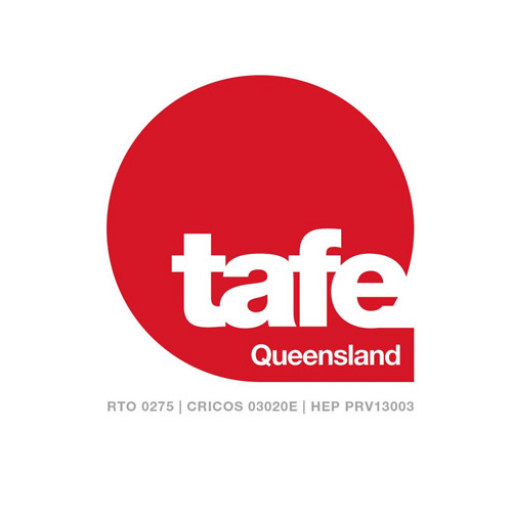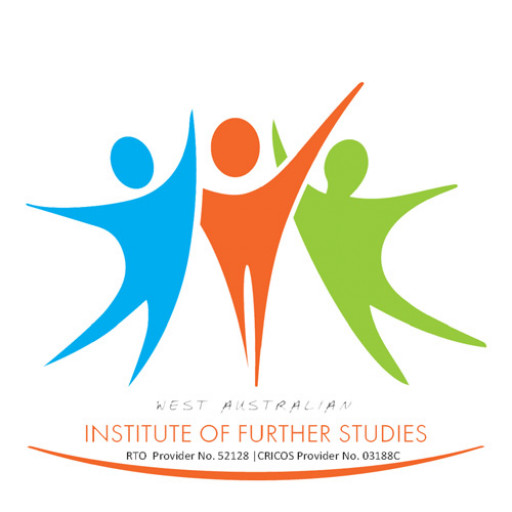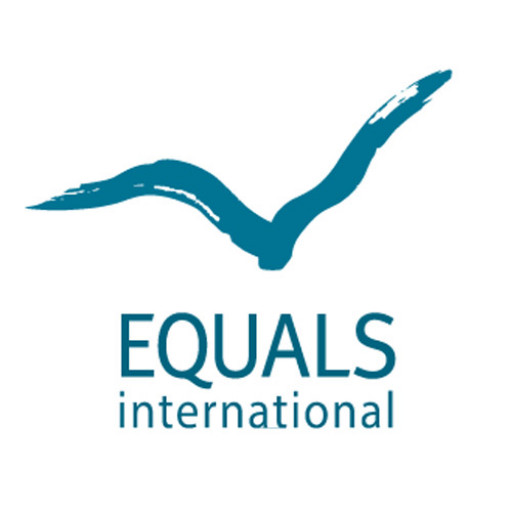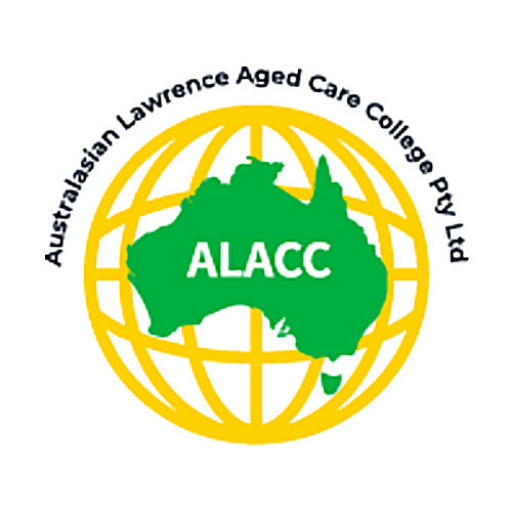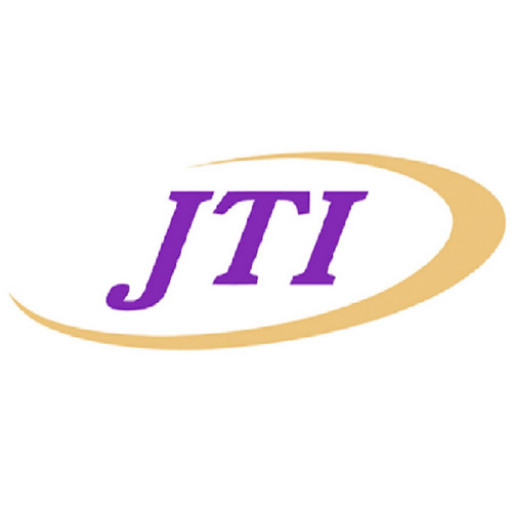Advanced Diploma of Allied Health Assistance at Swinburne University provides students with comprehensive training to support and assist healthcare professionals in delivering high-quality patient care. This program is designed to equip students with essential skills and knowledge to work effectively within multidisciplinary healthcare teams across a variety of settings, including hospitals, community health centers, and private clinics. The curriculum covers a wide range of topics, such as anatomy and physiology, medical terminology, patient communication, and specific assistance techniques related to physiotherapy, occupational therapy, speech therapy, and more. Students will develop practical skills through assessments and hands-on experience in simulated clinical environments, enabling them to confidently support individuals with diverse health conditions, including those with disabilities, injuries, or chronic illnesses. The program emphasizes a person-centered approach to healthcare, focusing on the importance of empathetic communication and ethical practice. Graduates of this advanced diploma will be prepared for employment as Allied Health Assistants or Support Workers, contributing significantly to patient rehabilitation and recovery processes. Career pathways also include roles in aged care, community health, and disability services. Swinburne’s industry-connected curriculum, experienced instructors, and modern facilities ensure students gain relevant, up-to-date skills aligned with current healthcare demands. The program typically includes both theoretical coursework and practical placements, fostering a well-rounded educational experience. Upon completion, students will be well-equipped to support allied health professionals and improve patient outcomes, making a tangible difference in the community’s health and wellbeing.
The Bachelor of Allied Health Assistance at Swinburne University is a comprehensive undergraduate program designed to prepare students for a rewarding career supporting healthcare professionals and improving patient outcomes. This degree provides students with a solid foundation in health sciences, clinical skills, and the essential aspects of allied health practices. Throughout the program, students will develop a deep understanding of how to assist and support individuals with various health conditions, working alongside physiotherapists, occupational therapists, speech pathologists, and other allied health professionals in diverse clinical settings.
The curriculum combines theoretical knowledge with practical experience to ensure graduates are industry-ready. Students engage in a wide range of subjects, including human anatomy and physiology, communication skills, mental health, and health promotion. The program emphasizes patient-centered care, cultural competence, and ethical considerations in health practice. Practical placements are an integral part of the degree, allowing students to apply their learning in real-world environments, such as hospitals, community health centers, and disability services. These placements are facilitated through partnerships Swinburne maintains with various healthcare organizations.
Students will also learn about the use of assistive technology, patient assessment, and treatment planning, enabling them to support individuals across the lifespan. The program fosters critical thinking, teamwork, and problem-solving skills essential for effective health service delivery. Graduates of this program will be equipped to undertake roles such as Allied Health Assistant, supporting practitioners in delivering quality care, or pursue further studies in related health disciplines. The Bachelor of Allied Health Assistance aims to produce well-rounded, competent health professionals who are committed to improving community health and wellbeing.
- Completion of Year 12 or equivalent with a minimum ATAR score of 70, demonstrating academic preparedness for tertiary study.
- English language proficiency equivalent to an IELTS score of 6.0 overall with no band less than 6.0, or equivalent acceptance through Swinburne's English language requirements.
- Successful completion of prerequisite subjects such as Biology and Health & Human Development or their recognized equivalents to ensure foundational knowledge relevant to allied health.
- Submission of a completed application form along with a personal statement outlining motivation and interest in allied health assistance, demonstrating a clear understanding of the profession.
- Provision of academic transcripts from previous education to verify qualifications and meet admission standards.
- Evidence of relevant work experience, volunteering, or related extracurricular activities in healthcare settings, which can enhance application consideration.
- Attendance at an interview or selection test may be required to assess communication skills, interpersonal skills, and suitability for the profession.
- Compliance with Swinburne's immunization and health requirements necessary for practical placements within clinical environments.
- If applicable, possession of a valid Working with Children Check or other clearances mandated for health and community service placements.
- International students must meet visa requirements and provide evidence of overseas student health cover (OSHC) as part of the application process.
- Completion of the Swinburne Foundation studies or equivalent pathway programs can be accepted for applicants who do not meet direct entry requirements.
- Applicants should demonstrate digital literacy skills given the integration of online resources and e-learning components within the program.
- Submission of any additional documentation requested during the application process to facilitate comprehensive review of applicant credentials.
- Meeting general admissions and character requirements as set out by Swinburne University and relevant accreditation bodies for allied health professions.
- Adherence to the program's specific prerequisites regarding academic background and health clearances to ensure eligibility for enrolment and participation in practical placements.
- Demonstrated interest in healthcare, patient support, and allied health services as reflected through personal statement or interview responses.
- Successful completion of all required prerequisite courses with a satisfactory grade point average (GPA) in relevant subjects.
- Participation in orientation and preparatory sessions provided by Swinburne University to familiarize with program structure, industry standards, and clinical placement expectations.
- Fulfillment of any industry-specific certification requirements, such as cardiopulmonary resuscitation (CPR) certification, if mandated by placement sites.
- Awareness of and compliance with the ethical standards and professional conduct expected in allied health assistance roles.
- Full acceptance of the program's code of conduct and participation in any initial assessments or health checks required by the university or clinical sites.
The Bachelor of Allied Health Assistance at Swinburne University of Technology offers various financing options to support students throughout their studies. Domestic students enrolled full-time may be eligible for government funding, such as HECS-HELP, which allows them to defer their tuition fees until they are earning above the repayment threshold. International students are required to pay full tuition fees upfront or according to their chosen payment plan. Swinburne provides a range of payment options, including upfront payments, payment plans, and scholarships to assist students financially. Scholarships are available based on academic merit, equity, or other criteria and can significantly offset the cost of tuition and other associated expenses. Additionally, students may explore external funding sources, such as government grants and financial aid programs. The university also offers advice and support services to help students manage their finances effectively, including budgeting workshops and financial counseling. The cost of the program includes tuition fees, which vary depending on the student’s residency status and international or domestic enrollment, as well as additional costs for textbooks, materials, and placement-related expenses. Students are encouraged to carefully review the fee schedule and explore all available financial support options to ensure they can sustainably manage their studies. International students should also consider health insurance requirements, such as Overseas Student Health Cover (OSHC), which is an additional cost. Swinburne's commitment to accessible education is reflected in its diverse financing solutions designed to accommodate students from various financial backgrounds and ensure they can complete their Allied Health Assistance qualification without undue financial hardship.
The Bachelor of Allied Health Assistance at Swinburne University of Technology is designed to prepare students for a dynamic and evolving healthcare environment, focusing on supporting allied health professionals across various settings. The program provides a comprehensive curriculum that combines theoretical knowledge with practical skills, enabling graduates to work effectively with patients, families, and healthcare teams. The coursework covers essential topics such as anatomy, physiology, communication skills, and healthcare principles, emphasizing a patient-centered approach. Students also gain hands-on experience through clinical placements, which are integral to the program, allowing them to apply their learning in real-world contexts under supervision. Swinburne's innovative learning facilities and dedicated industry partnerships ensure that students are exposed to current practices and technologies in allied health assistance. Graduates of this program are equipped to support practitioners in areas such as physiotherapy, occupational therapy, speech pathology, and other allied health disciplines. They learn to assist with therapeutic interventions, conduct basic assessments, and provide support for clients with diverse needs. The program emphasizes professionalism, ethical practice, and a commitment to improving patient outcomes, aligned with contemporary healthcare standards. Upon completion, graduates are prepared to undertake roles in hospitals, community health organizations, rehabilitation centers, and specialized clinics. The program also offers pathways for further study or specialization, underpinning a diverse range of career opportunities in the allied health sector. Swinburne's focus on flexible learning options, including blended delivery models, allows students to tailor their study experience to their personal circumstances. Overall, the Bachelor of Allied Health Assistance at Swinburne aims to develop well-rounded, competent, and compassionate healthcare assistants who can contribute meaningfully to patient care and the broader health system.


